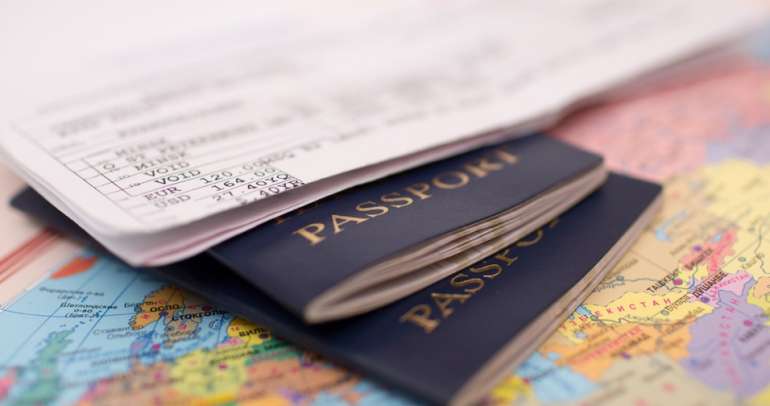Dual citizenship is perhaps the least understood topics in today’s residence and citizenship planning. . The first thing you must consider when acquiring a second citizenship or residency is whether your country allows dual citizenship or not. Depending on this, you get to pick a citizenship or residence program.
If the host nation, freely allows dual nationality, then multiple citizenships is not a problem. You are free to hold and travel with multiple passports. But if your country prohibits dual nationality (eg. India), and you are worried about issues with dual citizenship, you are better off applying for residence schemes which will fit better to you. Dual citizenship offers a perk for legally holding multiple passports.
Acquiring a 2nd citizenship violating dual citizenship regulations is frowned upon by many countries. It could lead to stripping of citizenship by the host nation. Many wealthy people who come from Asia where most countries are hostile towards dual nationality, chose to conceal their privately obtained citizenship abroad. While citizenship information is not shared to public by many nations, leaks by media is another issue. Recently, Cyprus paper leak exposed many wealthy individuals from China, Russia and other countries holding cypriot citizenship and passports.
Ignoring dual citizenship can lead to complicated problems, in the worst case scenario, you become stateless without you knowing it. Statelessness can present significant challenges, as stateless individuals may lack access to basic rights and services. In some countries, you automatically lose citizenship when you become a citizen of foreign country (eg. China, Nepal, Austria). If citizenship is lost, you will lose all rights in the country, including losing property, bank account, passports and all rights and privileges.
Some countries like Russia, South Africa require prior permission, you are required to notify the Government, if you become a citizen or permanent resident in a foreign country.
One other problem with illegally acquired foreign citizenship, is limited embassy support. For example if you are dual chinese/US citizen living in China, protection will be denied at US embassy despite being a citizen.
Residency programs (Golden visas) offer residency in exchange for investment activities and attracts two types of clientele
- Those who are not interested in second citizenship or passport
- Nationals who come from a country where dual citizenship is restricted (eg. India, China etc)
You don’t need citizenship all the time. Sometimes a simple residence visa or a green card works wonders for you, giving you all travel rights, access to healthcare and education and many other benefits.
Here are some of the risks with dual nationality, you should be aware of
- You are bound to the laws and regulations of two nations
- You are subjected to double taxation (taxed by both countries).
- Long complicated process.
- Passports are checked at (exit checks) in many countries at border controls. This means you cannot use multiple passports when entering or leaving a country that forbids dual citizens.
We tell clients to be careful and not to flout dual citizenship regulations in your country. They also must consult a legal advice BEFORE obtaining a foreign citizenship and understand the risks involved.
We believe residency for investment schemes will work very well for many chinese, indians and other nationals where dual citizenship is frowned upon.



